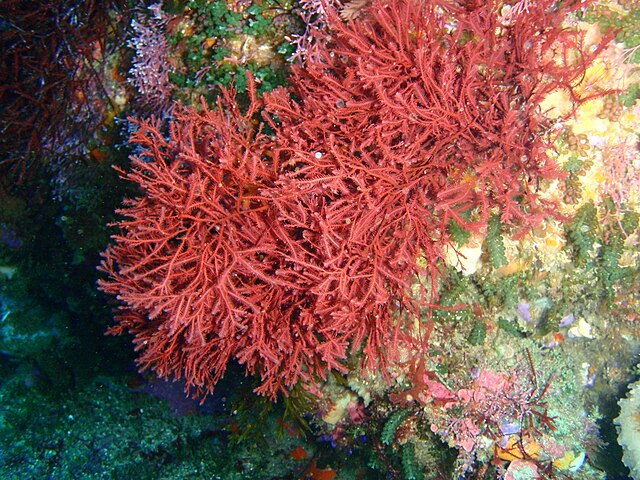Why is this important?

Around the world there are around 3 billion cattle and sheep. These produce around 231 billion pounds of methane each year, which is around 10 billion metric tonnes of methane into the air. Remember that over the first 20 years (it reduces after this) methane traps roughly 80 times the same amount of carbon dioxide. So this is the equivalent of a huge amount of carbon.
To put this in perspective, if we shrink the worlds carbon emissions to zero, but are left with all this methane, we are likely to have runaway global warming anyway.
So what does this seaweed do? It essentially causes the cows and sheep to create less methane. How much? Well, while around 100 million tonnes of this seaweed would be needed, they could eliminate 98% of the methane emissions from these livestock!
In 2019 around 34.7million tonnes of seaweed was farmed, which is leading some sceptical researchers to suggest that it cannot be done. However, if we look logically, this is already enough seaweed to reduce methane emissions by 1 third – not to be sneezed at.
Another problem, is that currently Greener Grazing is restricted to only growing 1/3 of the year, as the water temperature kills the seaweed the rest of the time. However, this could be fantastic – if cross breeding can give this seaweed the ability to cope with warmer water, they might be able to meet the whole worlds demands.
More work is needed, and other tests have proved less successful in the reduction of methane, but still, this is a field, where we might be able to green peoples behaviour without requiring them to stop eating meat.
Now, of course, if meat grown in a lab could reach price parity, it may deal with this problem overnight, though it would also eliminate many peoples source of income.
Time will tell if this company is going to have a large effect or not. We need to have farmers wanting this additive, thereby creating a valuable market for coastal communities around the world.
